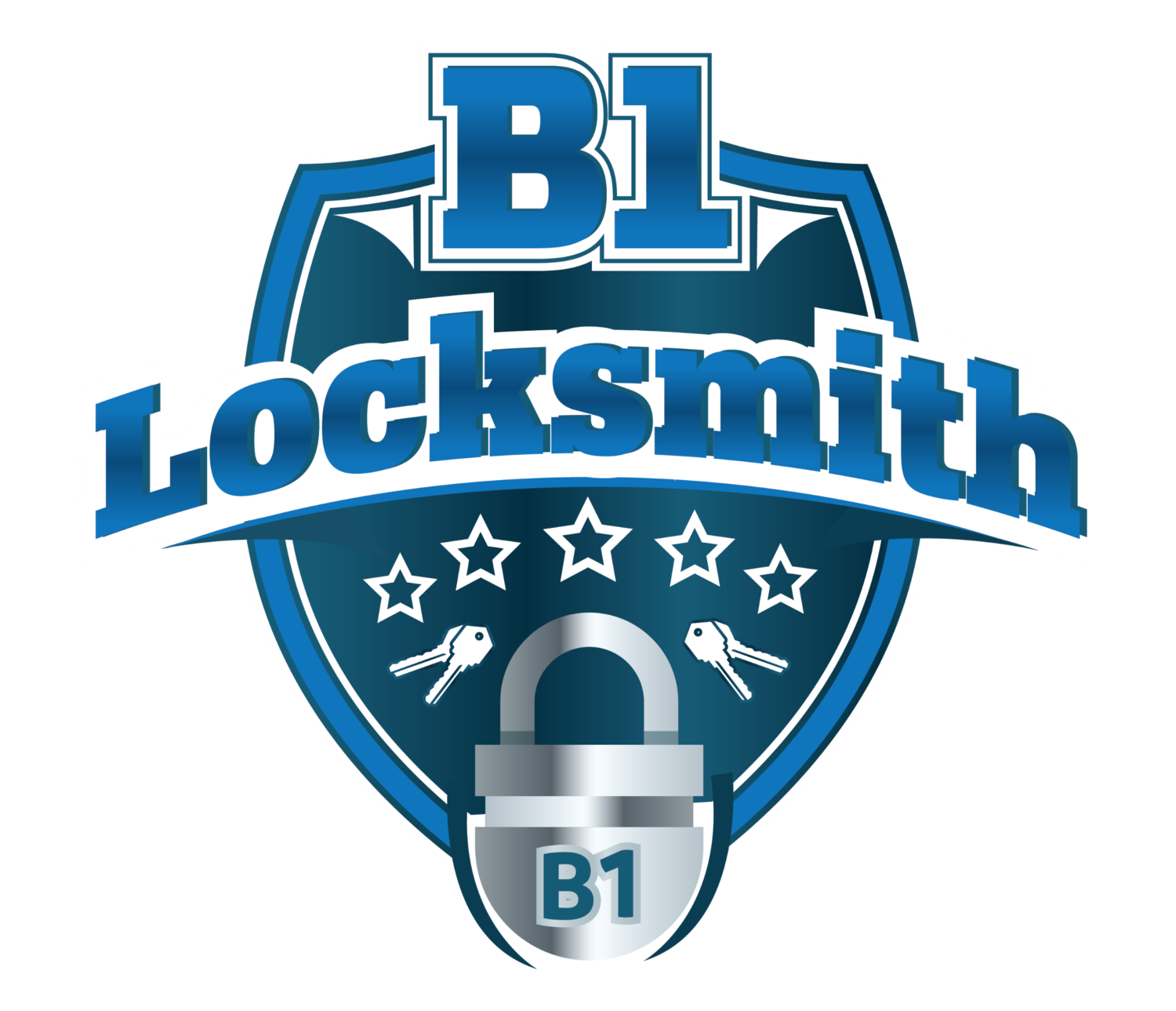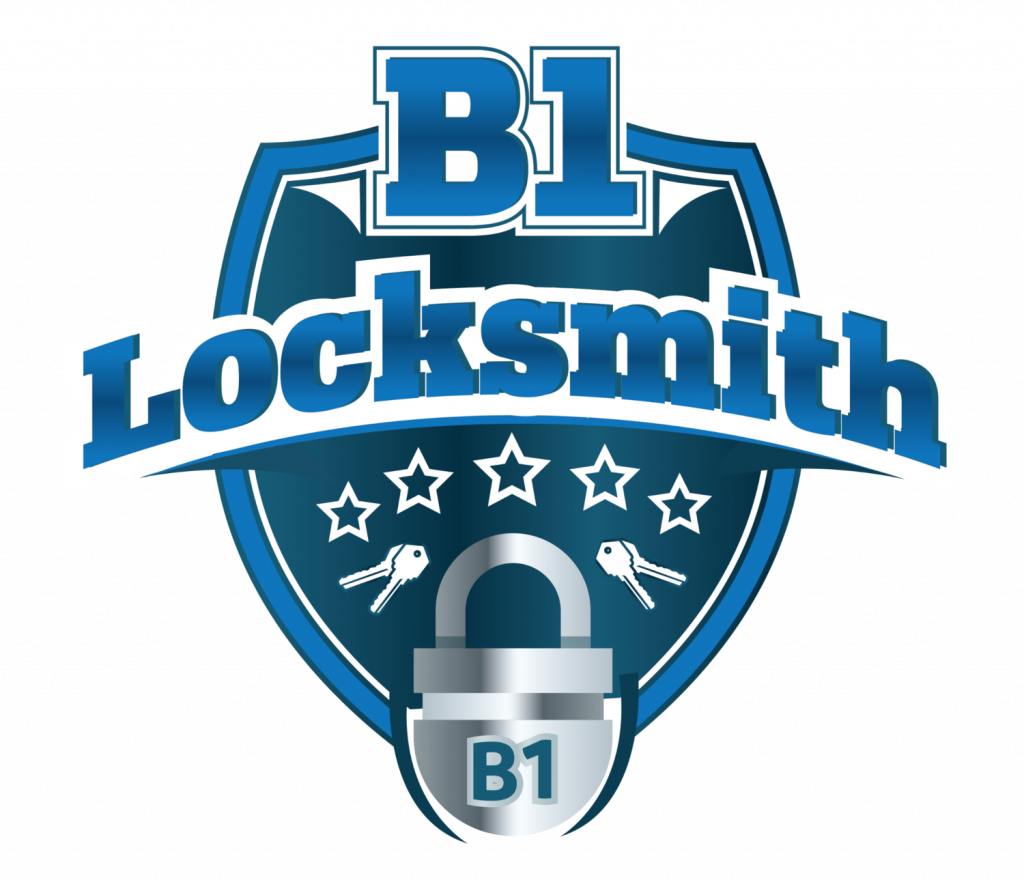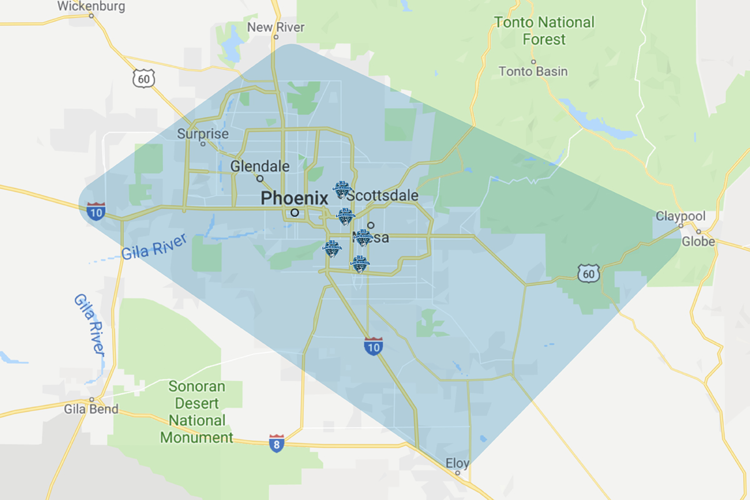Problems with locks which stick, won’t latch, or even won’t turn at all can be frustrating. You might also buy a new lock and install it, only to discover you still have the same problem. But, there are a variety of reasons why a lock won’t work which have nothing to do with the lock itself.
Some components of a door and lock assembly might be the cause of a door which doesn’t latch properly or causes a lock to malfunction. Here are a few of them:
THE STRIKE PLATE
The strike plate needs to be mounted so that it’s directly across from the matching latch or deadbolt. A strike plate holds the latch in place and protects the wood from being injured by the latch or deadbolt. A strike plate is only useful during a break-in if it has three-inch screws, which means they do into the actual door frame instead of just the jamb. If the strike plate is screwed into the frame, even a hard donkey kick to the door won’t splinter the wood of the door jamb and break open a door.
If a strike plate is aligned incorrectly, the deadlatch plunger can fall into the opening of the strike. How will you know? Sometimes, you can see it when you shut the door. Another method is to listen carefully: when you close the door, you might be able to hear two clicks instead of one.
THE DOOR HINGES
Doors are attached to the frame through the door jamb with screws through the hinges. These hinges are mounted to the door frame with a series of screws. They require four for each of the three hinges on a standard door. If the screws are too short, improperly installed or become loose over time, the door can shift or sag. The result is that the alignment of the door will be off, and the lock can’t work correctly.
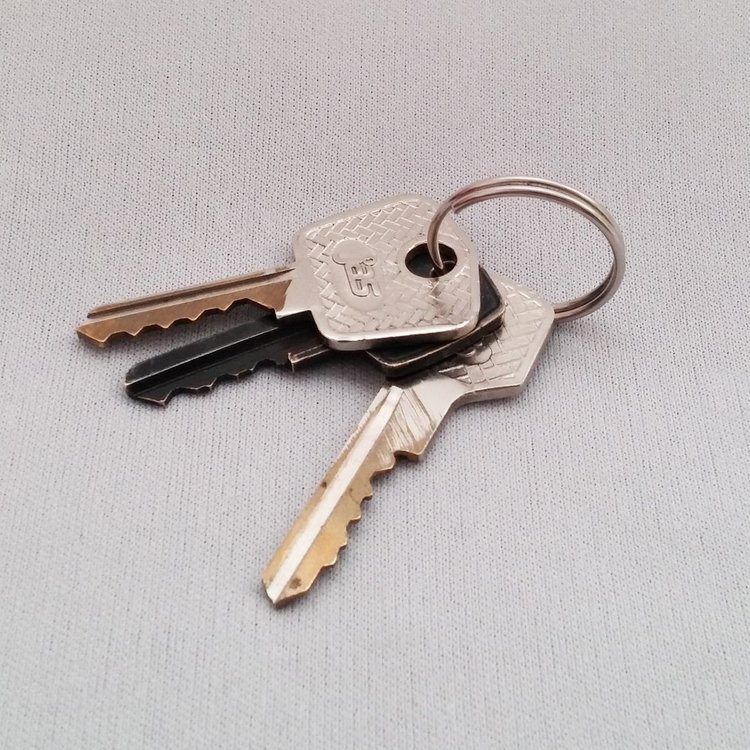
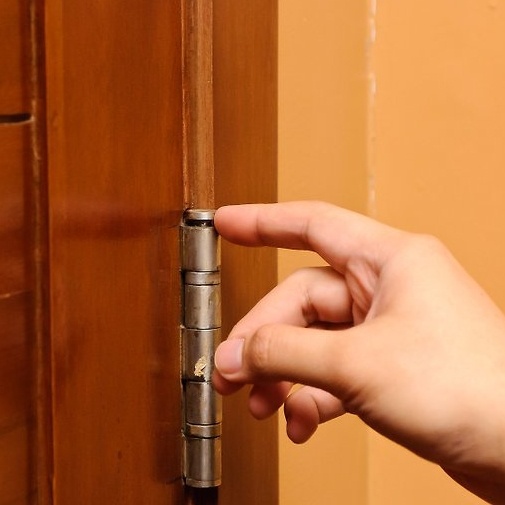
THE KEY
A lock comes with a key which is designed to fit that lock. A duplicate key will be a close approximation of the original key. A duplicate of the duplicate will be a close approximation of the copy, but not so much the original.
Making duplicates of keys of other duplicate keys can be problematic in that, after so many passes, the key isn’t the same. Have a locksmith rekey the lock, and make as many copies are needed at that time.
If you’re having a problem with a lock, you might be able to determine if the problem is one of the things listed above. If you need a locksmith service, we can help!
B1 Locksmith is an automotive, residential and commercial locksmith service offering emergency lockout and transponder key services in the Phoenix Valley. Several Valley locations. (844) 821-5625.
